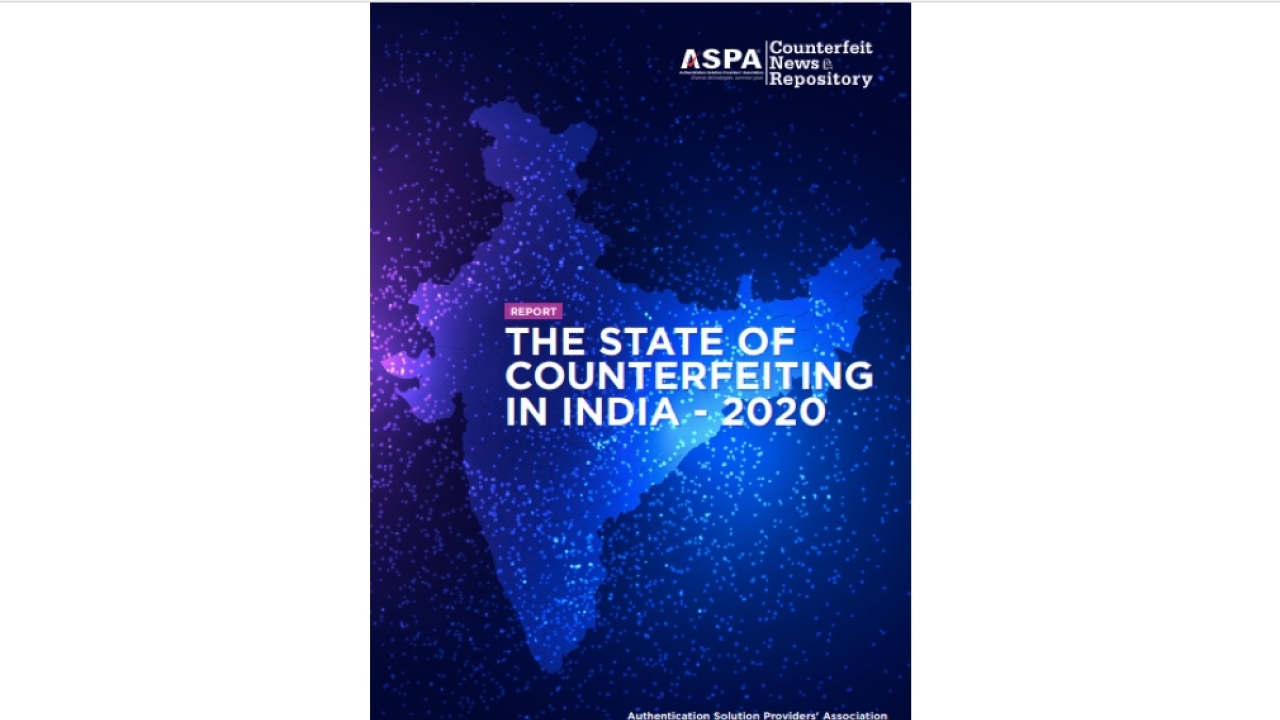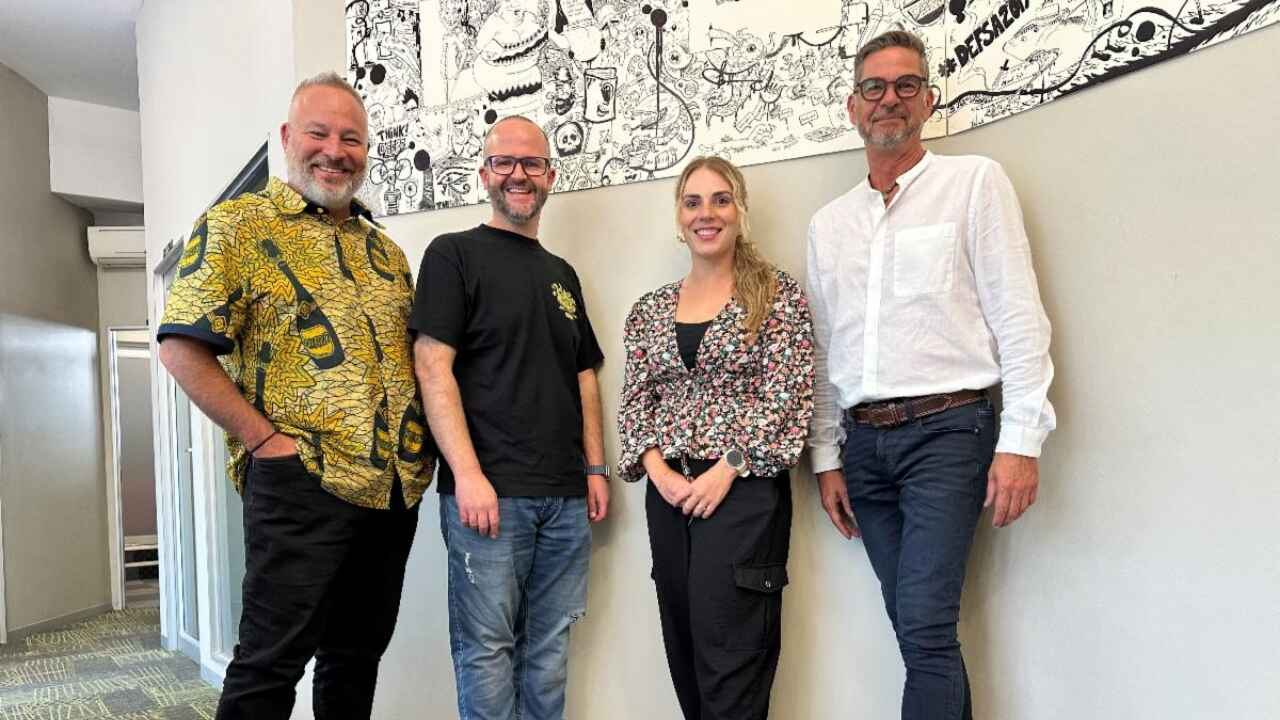State of counterfeiting in India
The Authentication Solution Providers’ Association (ASPA), a self-regulated industry body of anti-counterfeiting and traceability solutions providers unveil the first edition of its report “The State of Counterfeiting In India - 2020”, that highlights the trends of counterfeiting incidents reported in India for the period 2019 and 2018.

According to the report, counterfeiting incidents have risen steadily in the last few years and in 2019 these have increased by 24 percent as compared to 2018.
Globally, counterfeiting now stands at 3.3 percent of global trade and is impacting the social and economic development of countries. Even in the Covid-19 crisis, it has been observed that the criminals are taking advantage of the high market demand for personal protection and hygiene products and providing fake and sub-standard products which are a direct threat to our paramedical professionals, security volunteers, and society at large.
The key findings of the report are as follows:
- The number of counterfeit incidents in India increased by 24 percent between 2018 to 2019.
- The top 10 sectors with the highest number of counterfeit cases reported include currency, FMCG, alcohol, pharmaceutical, documents, agriculture, infrastructure, automotive, tobacco, lifestyle and apparel. Amongst these currency, alcohol and FMCG continue to be the top three sectors with the highest counterfeit incidents in the last two years. Among these, the FMCG sector is most vulnerable as counterfeit incidents in the sector increased by 63 percent between 2018 (79) to 2019 (129).
- States including Uttar Pradesh, Bihar, Rajasthan, Madhya Pradesh, West Bengal, Punjab, Jharkhand, Delhi, Gujarat, and Uttarakhand are amongst top ten States which need urgent attention to frame anti-counterfeiting policy mechanism. UP continues at the top followed by Bihar, Rajasthan and together these three States represent almost 45 percent of the total counterfeit incidents reported in India in the last two years.
- Counterfeiting activities are not limited to high-end luxury items. Common day to day items including cumin seeds, mustard cooking oil, ghee, hair oil, soaps, baby care vaccines and medicine are increasingly reported counterfeited by criminals.
- A spike in cases being reported about fake hand sanitizers, masks, and PPE kits has been observed during the COVID crisis. Between February to April 2020, more than 150+ cases of counterfeit incidents had been reported including fake PPE kits, sanitizers, and masks.
Nakul Pasricha, president, ASPA, said, ‘The trends call for immediate action. Counterfeit products across various sectors in India are causing over INR 1 trillion (1 lakh crore) every year to our economy and the progress to date is simply not good enough to fight this crime of the 21st century. There is a need for an ongoing focus on building and nurturing authentication eco-systems in the country and as an industry association, we are committed to that. The involvement and active participation of all stakeholders is extremely crucial in this, as a lot of awareness is required at the industry, government, and consumer level. The authentication environment will support the Government’s “Make in India” initiative and its image at a global level, where trust is becoming an especially critical factor. We need to ensure that the “Make in India'' products are genuine, safe, and secure until they are delivered to the end consumer across the globe. ASPA is building up innovative tools to help policymakers on the need for action and legislation in fighting counterfeiting and this report is one of such tools.’
Stay up to date
Subscribe to the free Label News newsletter and receive the latest content every week. We'll never share your email address.

